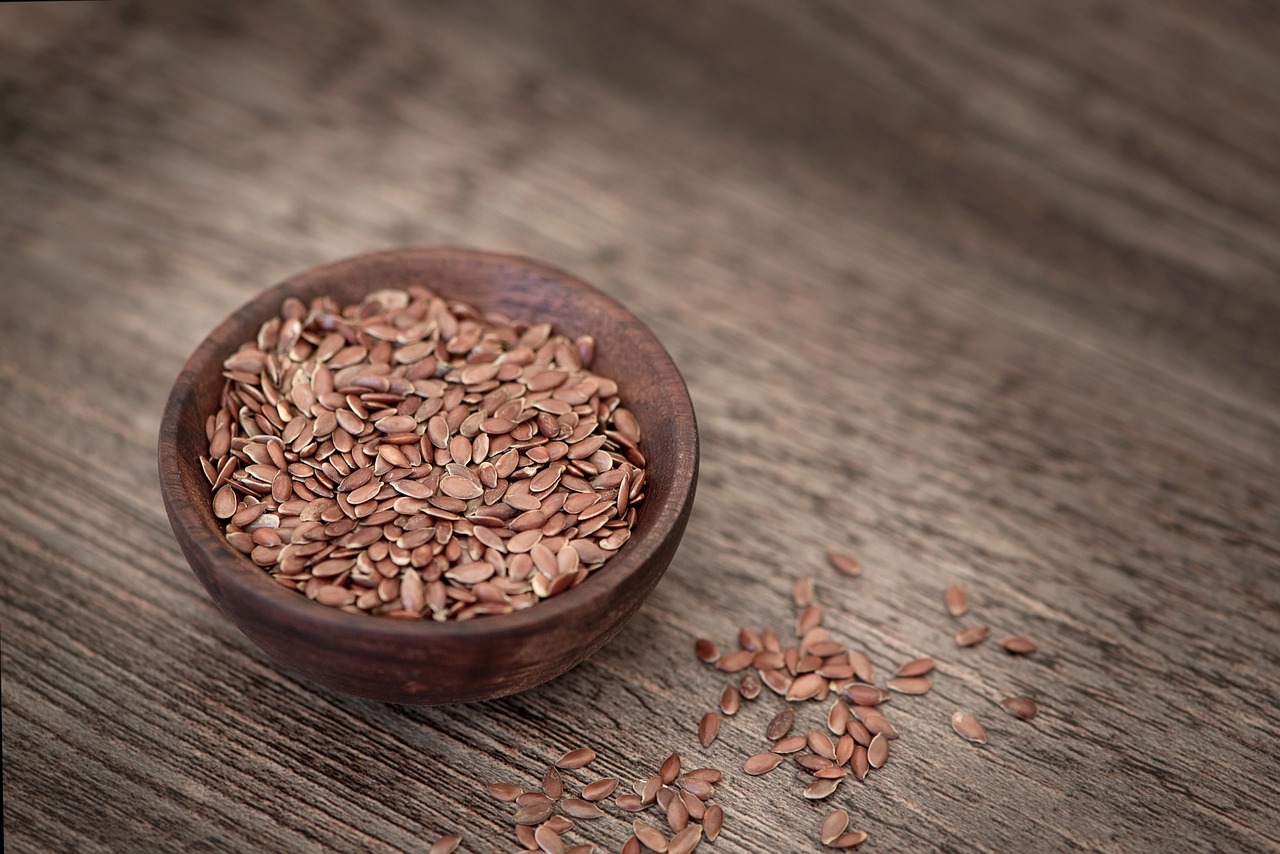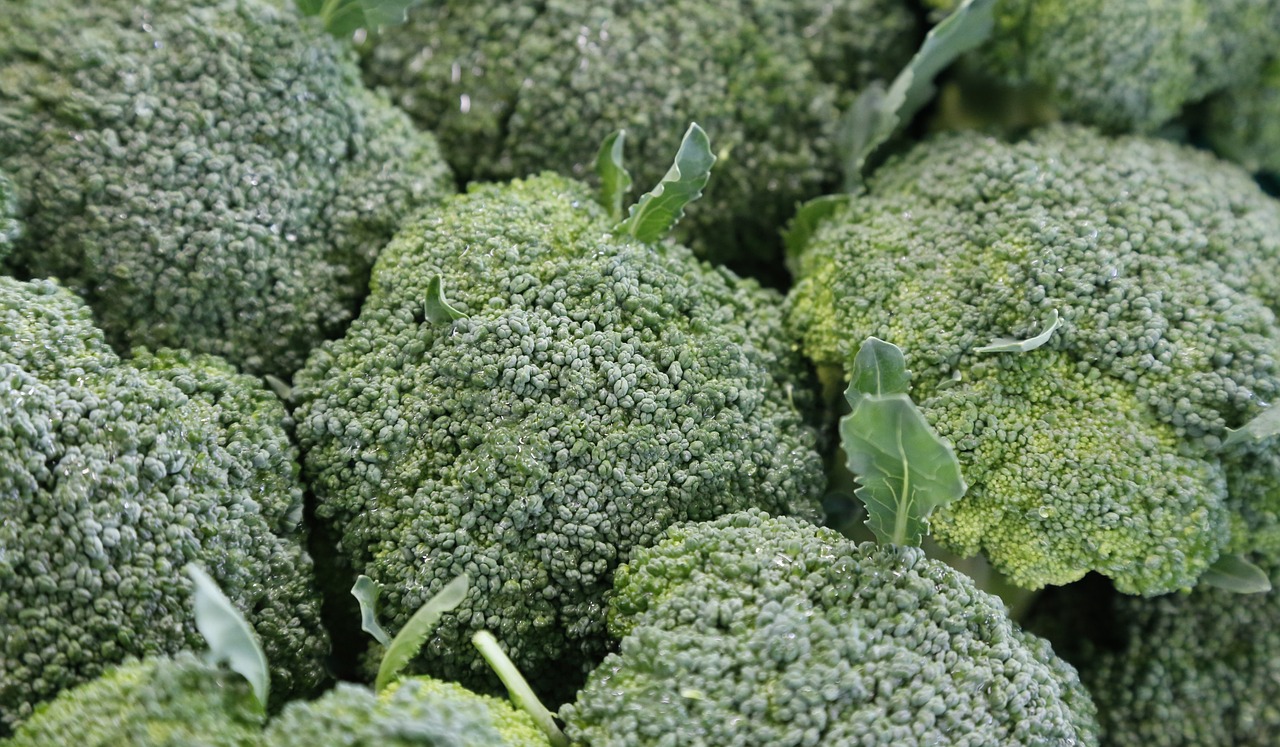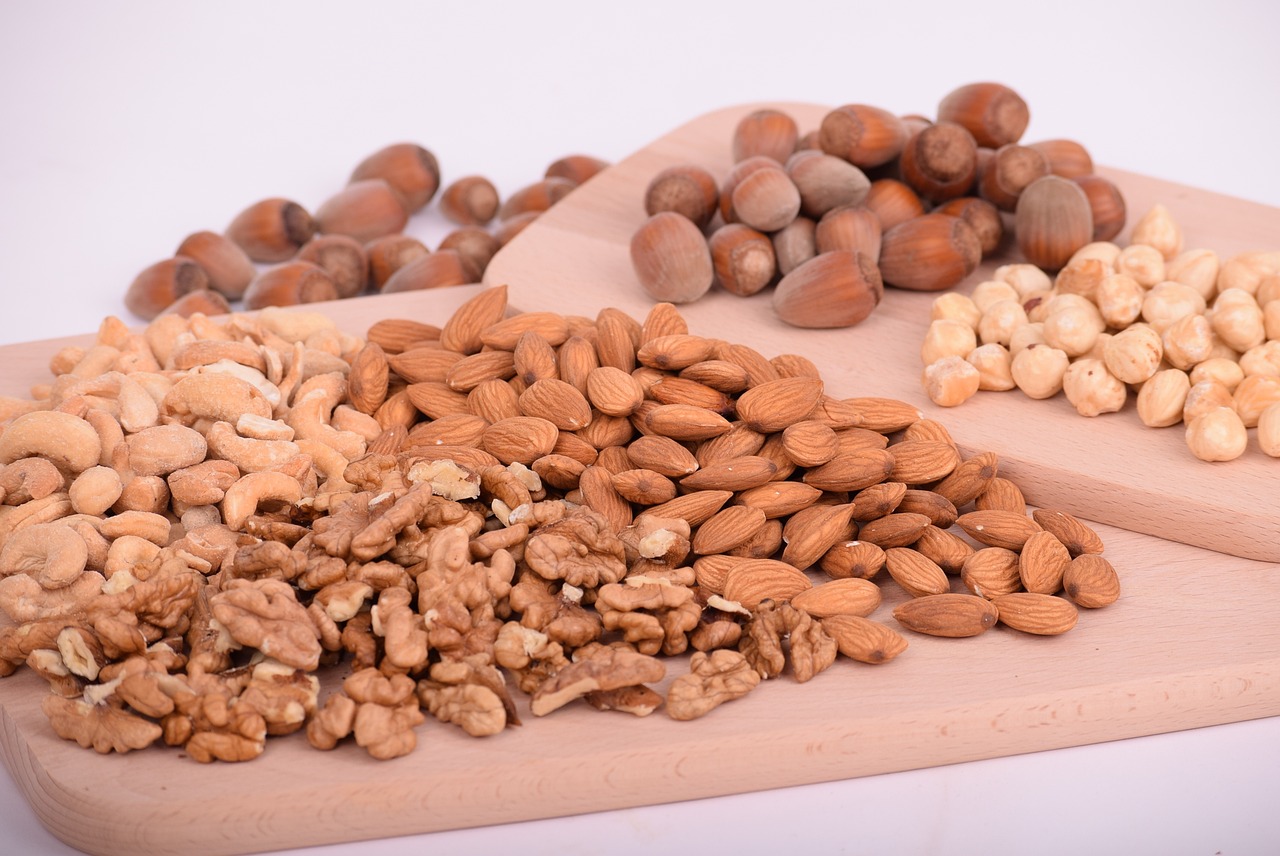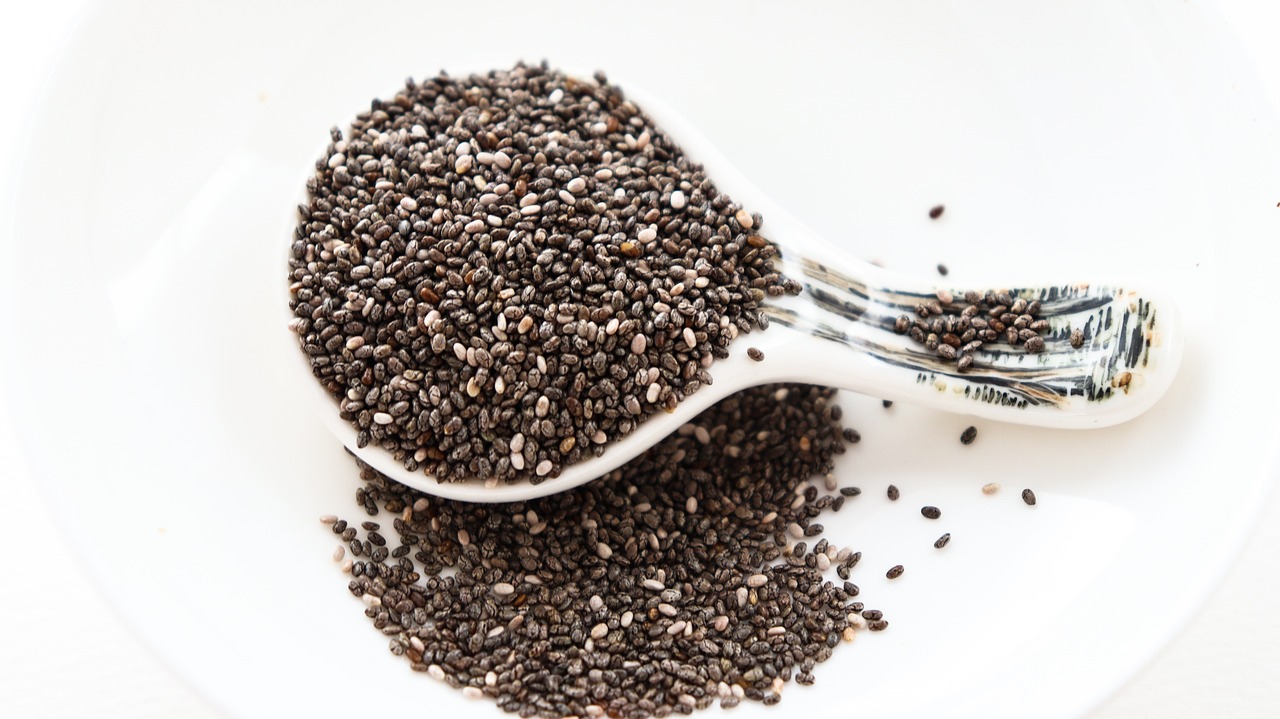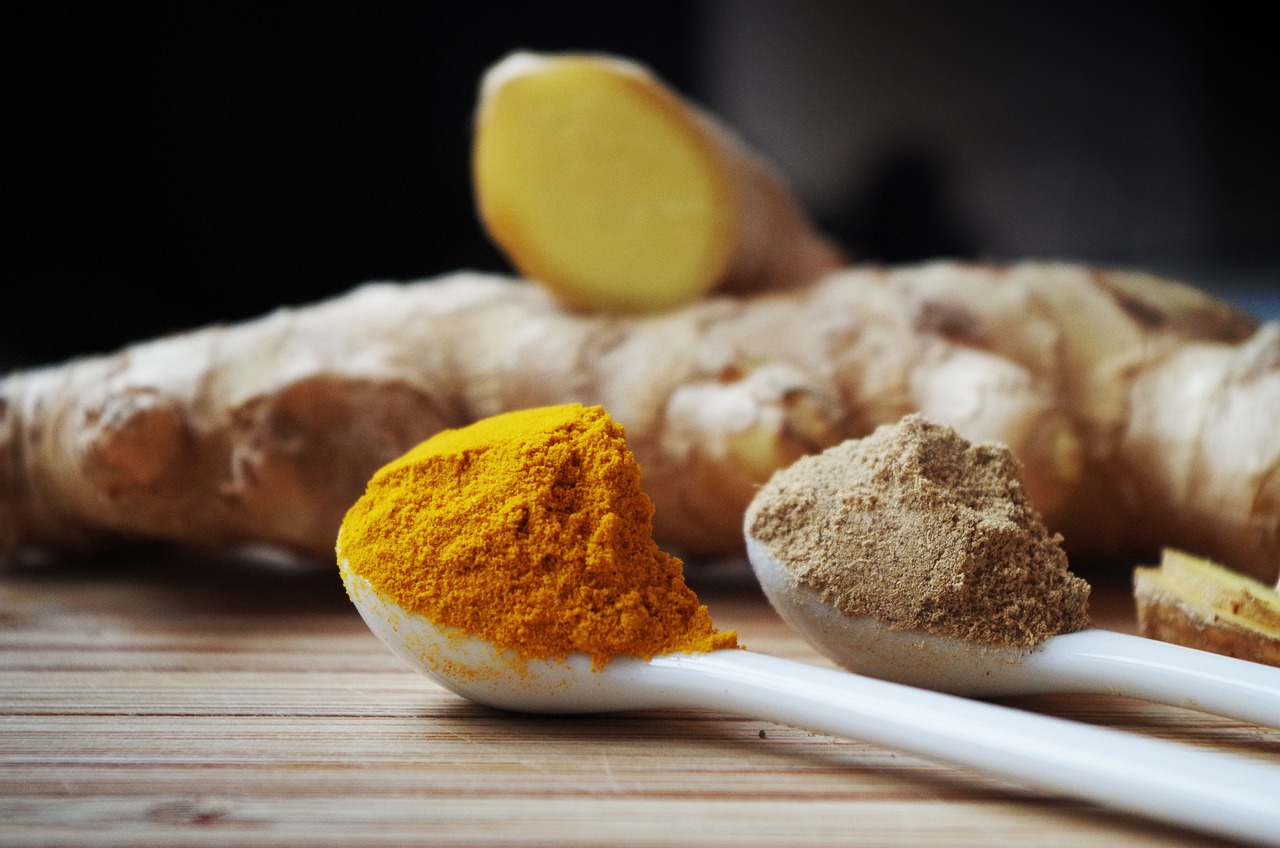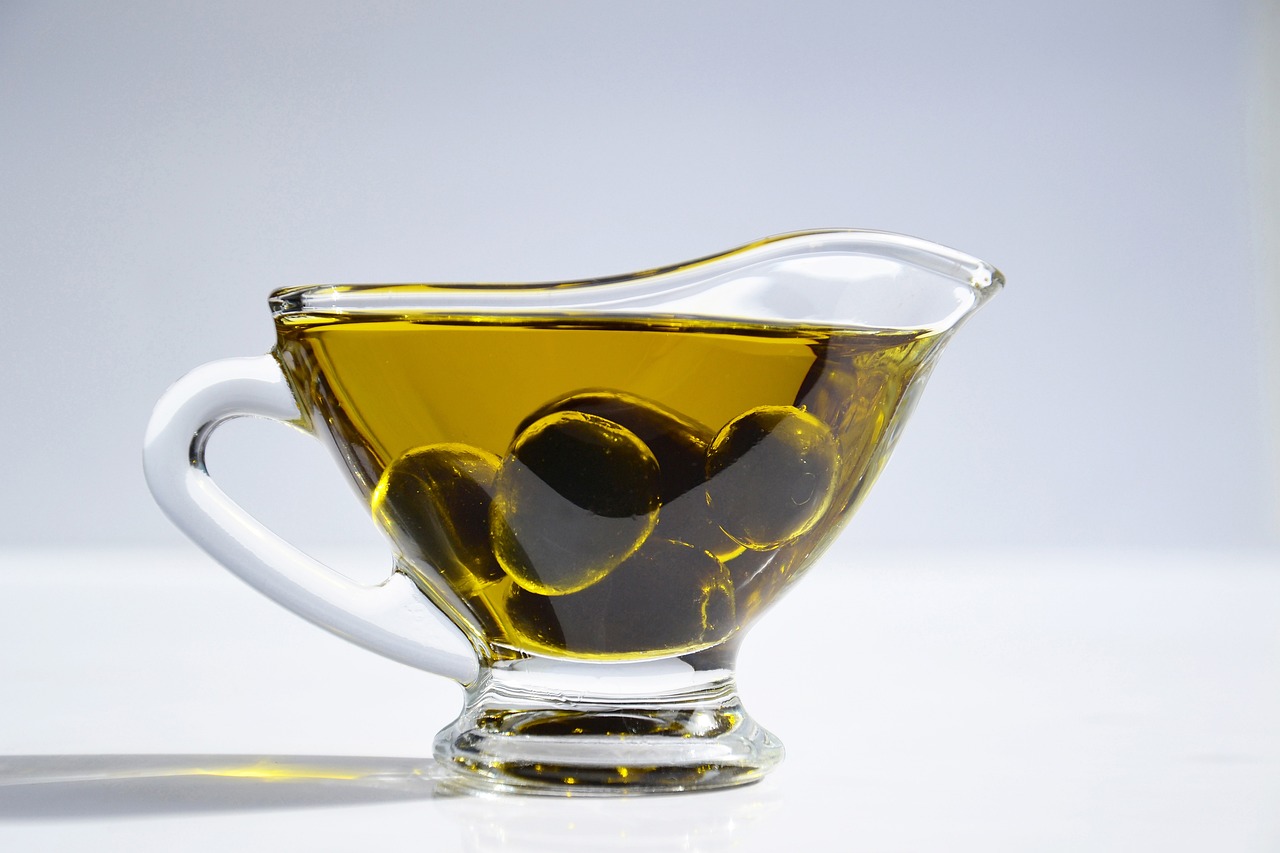Navigating through menopause can be a rollercoaster of physical and emotional changes for many women. From hot flashes and mood swings to weight gain and sleep disturbances, the symptoms can be challenging. However, incorporating certain foods into your diet can play a significant role in managing these symptoms. Here are 20 superfoods that not only nourish your body but may also help alleviate menopause symptoms.
1. Soy Products
Soy products, like tofu and edamame, are rich in isoflavones, a type of phytoestrogen that mimics estrogen in the body. These can be especially helpful in reducing hot flashes and supporting heart health. Incorporating soy into your diet can also support bone health, which is crucial as the risk of osteoporosis increases after menopause. Plus, they’re versatile enough to fit into any meal of the day.
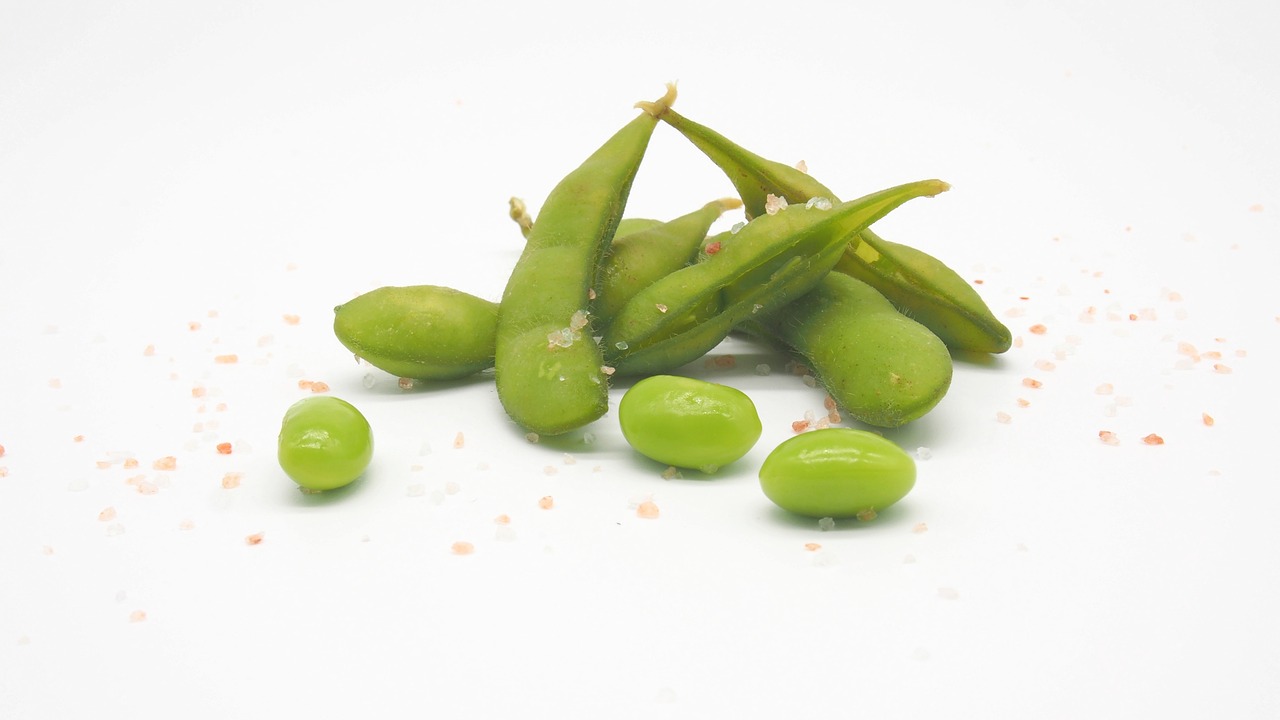 Image by u_9vstifjx from Pixabay
Image by u_9vstifjx from Pixabay
2. Flaxseeds
Flaxseeds are little powerhouses packed with omega-3 fatty acids and lignans, both of which have been shown to ease menopause symptoms such as hot flashes and mood fluctuations. They also promote heart health and support digestive wellness. Sprinkling ground flaxseeds over your morning cereal or smoothie is an easy way to include them in your diet.
3. Salmon
Salmon is loaded with omega-3 fatty acids, which are beneficial for heart health and mood stabilization during menopause. The vitamin D content in salmon also supports bone health, helping to prevent osteoporosis. It’s recommended to have at least two servings of fatty fish like salmon per week. Grilled, baked, or even in salads, salmon is a versatile food that can be enjoyed in numerous ways.
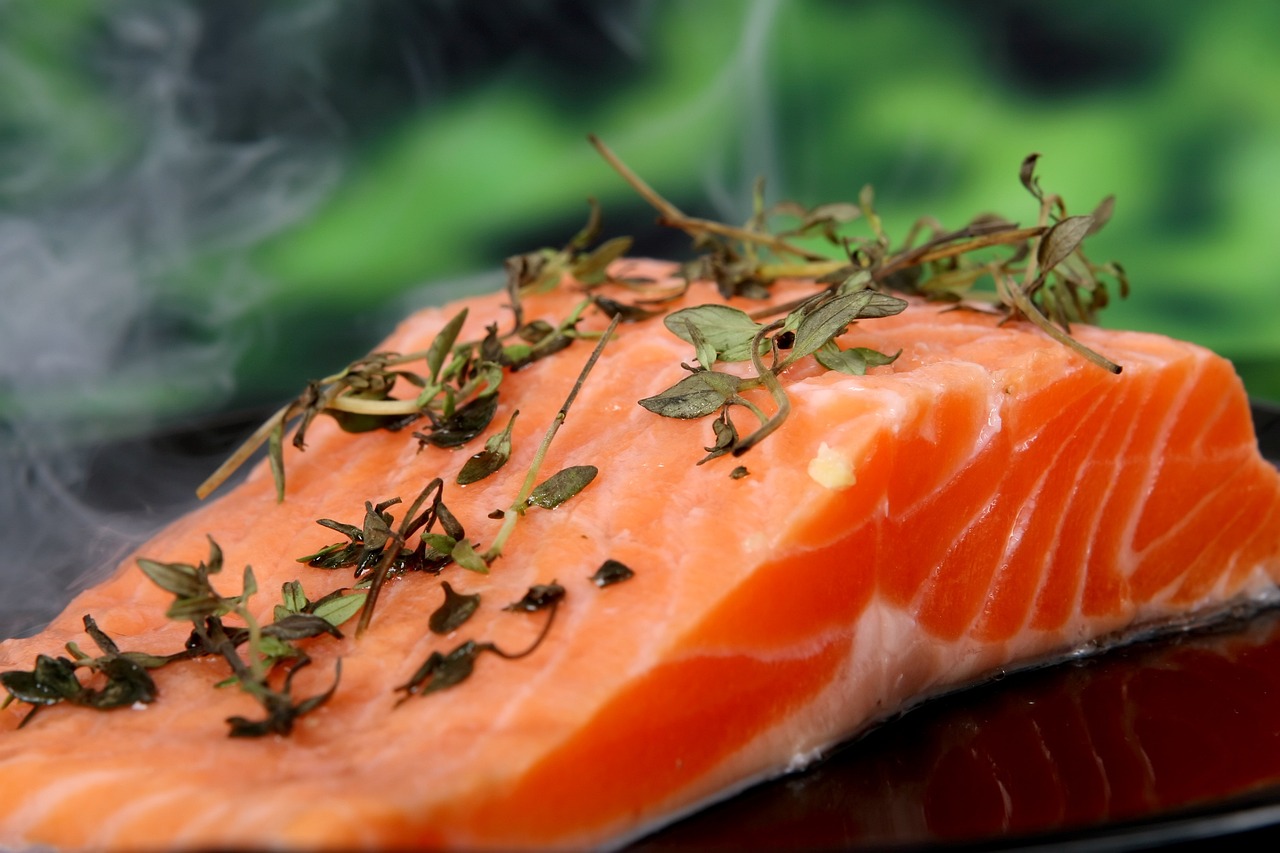 Image by Robert Owen-Wahl from Pixabay
Image by Robert Owen-Wahl from Pixabay
4. Broccoli
Broccoli is a cruciferous vegetable that’s high in vitamins and minerals, including calcium and vitamin K, which are important for bone health. It also contains phytonutrients that may help balance hormones and reduce the risk of breast cancer. Including broccoli in your diet can also aid in weight management, a common concern during menopause.
5. Yogurt
Yogurt is packed with calcium and probiotics, which are essential for bone health and digestive wellness. The probiotics in yogurt also support a healthy gut microbiome, which is linked to improved mood and cognitive function. Consuming yogurt regularly can help manage symptoms like bloating and constipation.
 Image by Aline Ponce from Pixabay
Image by Aline Ponce from Pixabay
6. Berries
Berries, such as strawberries, blueberries, and raspberries, are full of antioxidants, vitamins, and minerals. They help combat oxidative stress and inflammation, which can worsen menopause symptoms. Berries are also low in calories and high in fiber, making them great for weight management.
 Image by Nicky ❤️🌿🐞🌿❤️ from Pixabay
Image by Nicky ❤️🌿🐞🌿❤️ from Pixabay
7. Whole Grains
Whole grains like oats, quinoa, and barley are rich in fiber, which can help manage blood sugar levels and promote heart health. They also contain B vitamins, which are important for energy production and mood regulation. Including whole grains in your diet can help with digestive health, reducing symptoms like bloating.
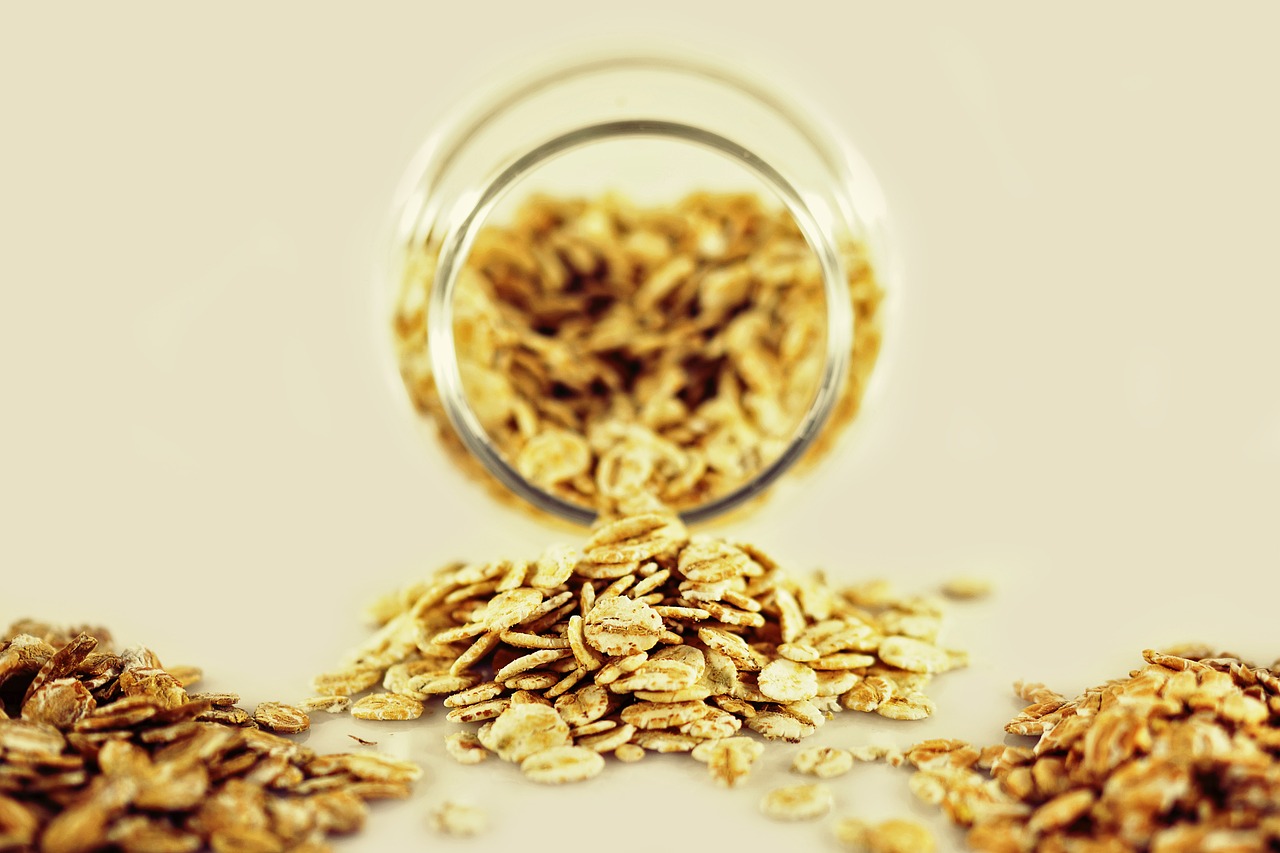 Image by Angelica Vaihel from Pixabay
Image by Angelica Vaihel from Pixabay
8. Leafy Greens
Leafy greens, such as spinach, kale, and Swiss chard, are nutrient powerhouses, providing vitamins A, C, E, and K, along with calcium and magnesium. These nutrients support bone health, reduce inflammation, and can help manage menopause symptoms. Leafy greens are also high in fiber, which aids in weight management and digestive health.
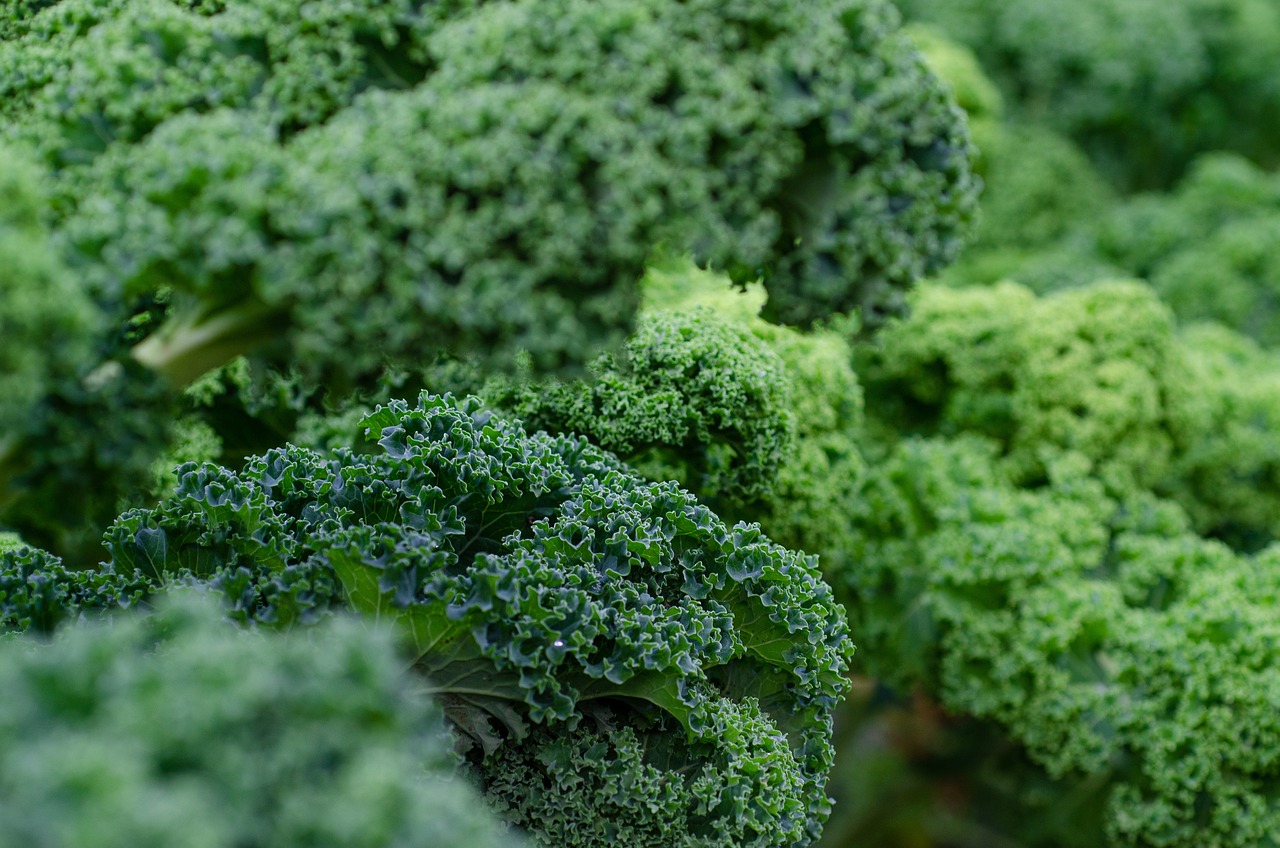 Image by Katharina N. from Pixabay
Image by Katharina N. from Pixabay
9. Nuts
Nuts, particularly almonds and walnuts, are rich in healthy fats, protein, and fiber. They contain magnesium and vitamin E, which can help manage mood swings and support heart health. Nuts are also beneficial for bone health, providing essential nutrients like calcium.
10. Seeds
Seeds such as pumpkin, sunflower, and chia are packed with omega-3 fatty acids, fiber, and protein. They can help reduce inflammation, support heart health, and manage menopause symptoms like hot flashes. Seeds are also great for digestive health, thanks to their high fiber content. Adding them to salads, yogurts, or smoothies is an easy way to reap their benefits.
11. Avocados
Avocados are a great source of healthy fats, fiber, and vitamins E and B6. These nutrients can help manage cholesterol, promote heart health, and support overall well-being during menopause. The healthy fats in avocados can also aid in absorbing other nutrients more efficiently.
12. Eggs
Eggs are packed with high-quality protein, vitamins D and B12, and minerals like selenium and zinc. They support heart and brain health, which is crucial during menopause. Eggs also contain choline, which is important for liver function and overall health.
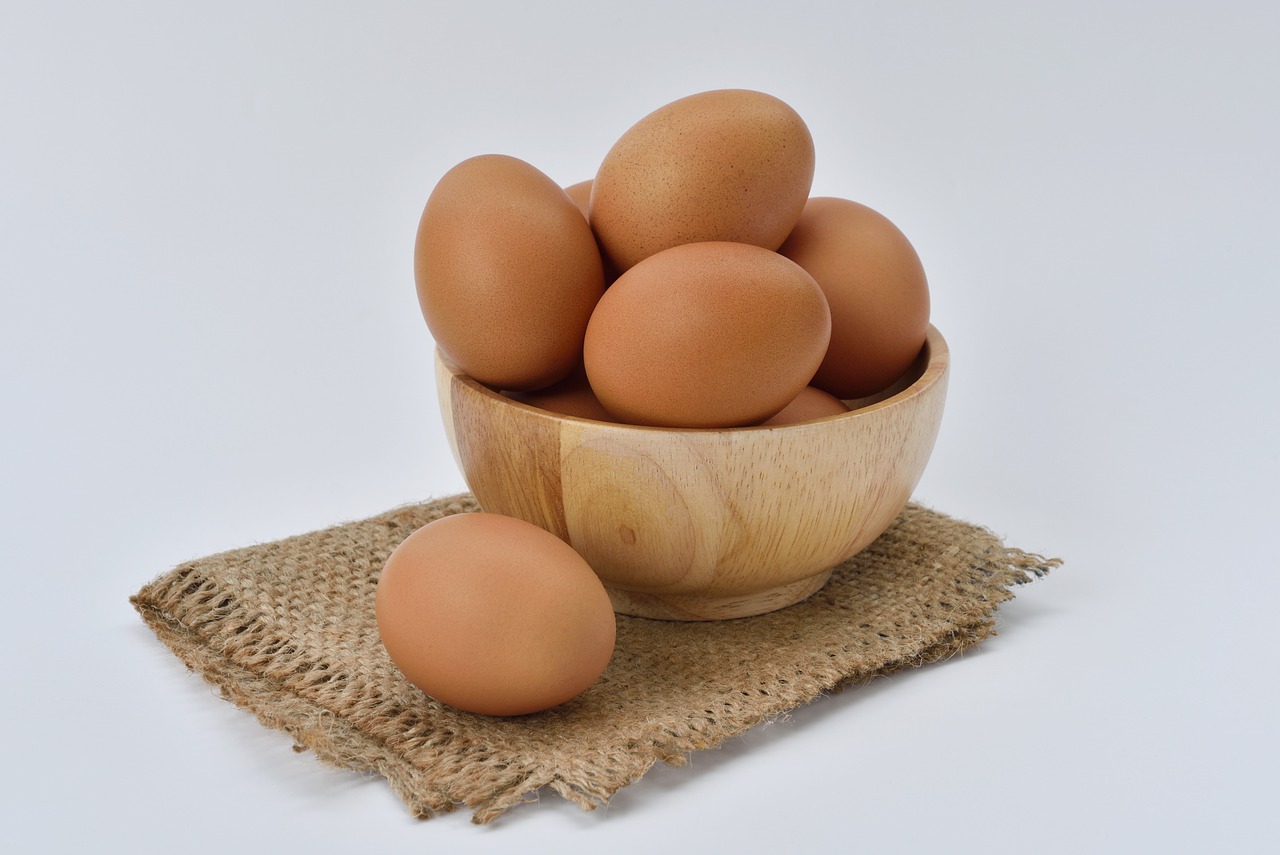 Image by Sornram Srithong from Pixabay
Image by Sornram Srithong from Pixabay
13. Green Tea
Green tea is rich in antioxidants and has been shown to support weight management, reduce the risk of heart disease, and possibly ease hot flashes. Drinking green tea can also help improve mental clarity and energy levels, which can be beneficial during menopause.
14. Dark Chocolate
Dark chocolate (at least 70% cocoa) is full of antioxidants, magnesium, and flavonoids. These compounds can help reduce stress, improve mood, and support heart health. Enjoying a small piece of dark chocolate can also satisfy sweet cravings without spiking your blood sugar levels.
 Image by jacqueline macou from Pixabay
Image by jacqueline macou from Pixabay
15. Beans
Beans are a great source of protein and fiber, making them excellent for heart health and digestive wellness. They also contain antioxidants and phytoestrogens, which can help alleviate menopause symptoms.
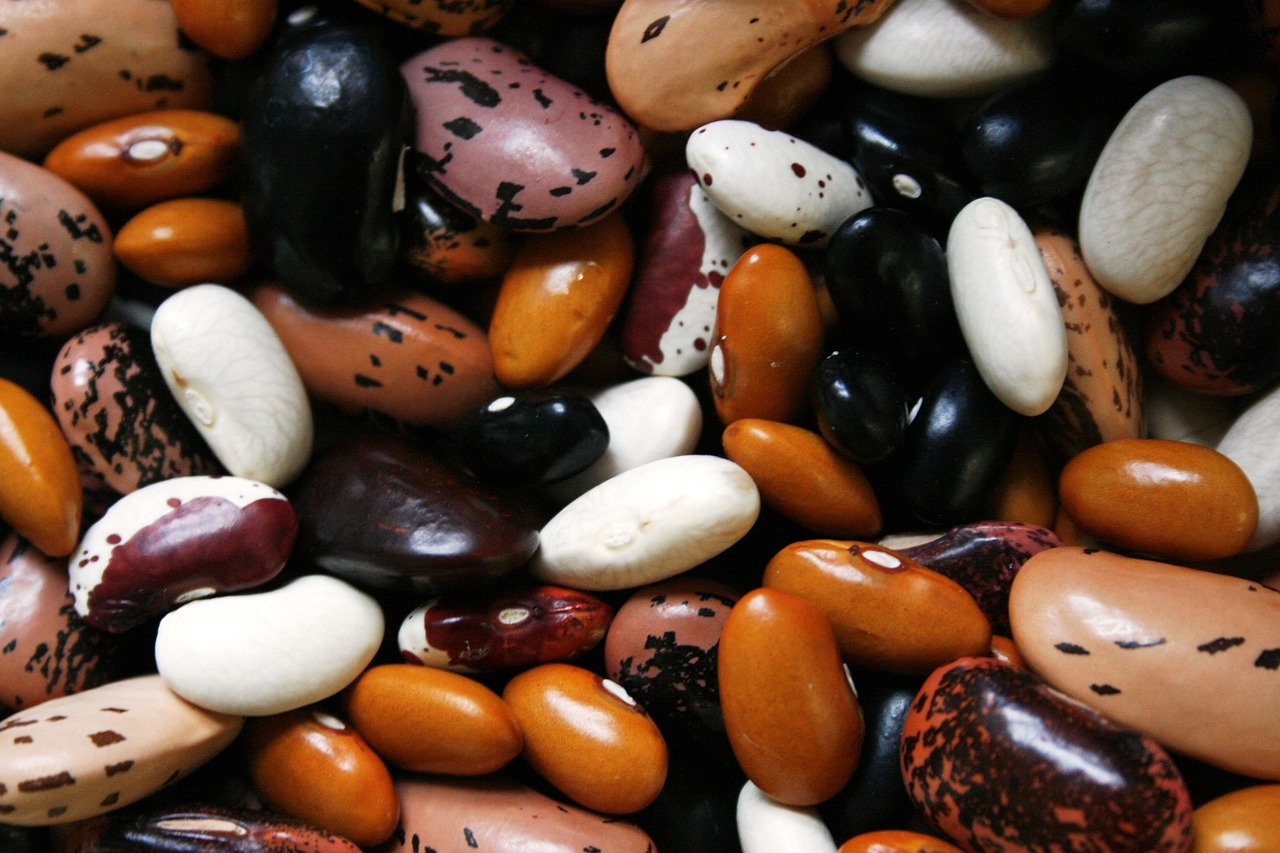 Image by Jan Nijman from Pixabay
Image by Jan Nijman from Pixabay
16. Oranges
Oranges are packed with vitamin C, which is important for collagen production and skin health. They also contain flavonoids that may help reduce hot flashes and support heart health. The fiber in oranges can aid in digestion and help keep you feeling full longer.
 Image by NoName_13 from Pixabay
Image by NoName_13 from Pixabay
17. Sweet Potatoes
Sweet potatoes are rich in vitamins A and C, which support immune function and skin health. They also contain fiber and complex carbohydrates, which can help manage blood sugar levels and support energy levels. The beta-carotene in sweet potatoes is beneficial for eye health and may help improve mood.
 Image by Bernadette Wurzinger from Pixabay
Image by Bernadette Wurzinger from Pixabay
18. Turmeric
Turmeric contains curcumin, a compound with powerful anti-inflammatory and antioxidant properties. It can help reduce joint pain and inflammation associated with menopause. Adding turmeric to your diet can also support brain health and mood regulation.
19. Water
Staying hydrated is crucial during menopause, as it can help manage symptoms like dry skin, fatigue, and hot flashes. Water aids in digestion, supports skin health, and helps flush toxins from the body. Drinking adequate amounts of water can also help prevent overeating and support weight management.
 Image by Kawita Chitprathak from Pixabay
Image by Kawita Chitprathak from Pixabay
20. Olive Oil
Olive oil is a staple in the Mediterranean diet, known for its heart-healthy benefits. It’s rich in monounsaturated fats, antioxidants, and anti-inflammatory compounds. Using olive oil in cooking can help lower cholesterol levels and reduce the risk of heart disease.
KEEP ON READING

The Most Popular Chocolate Bars in the USA



